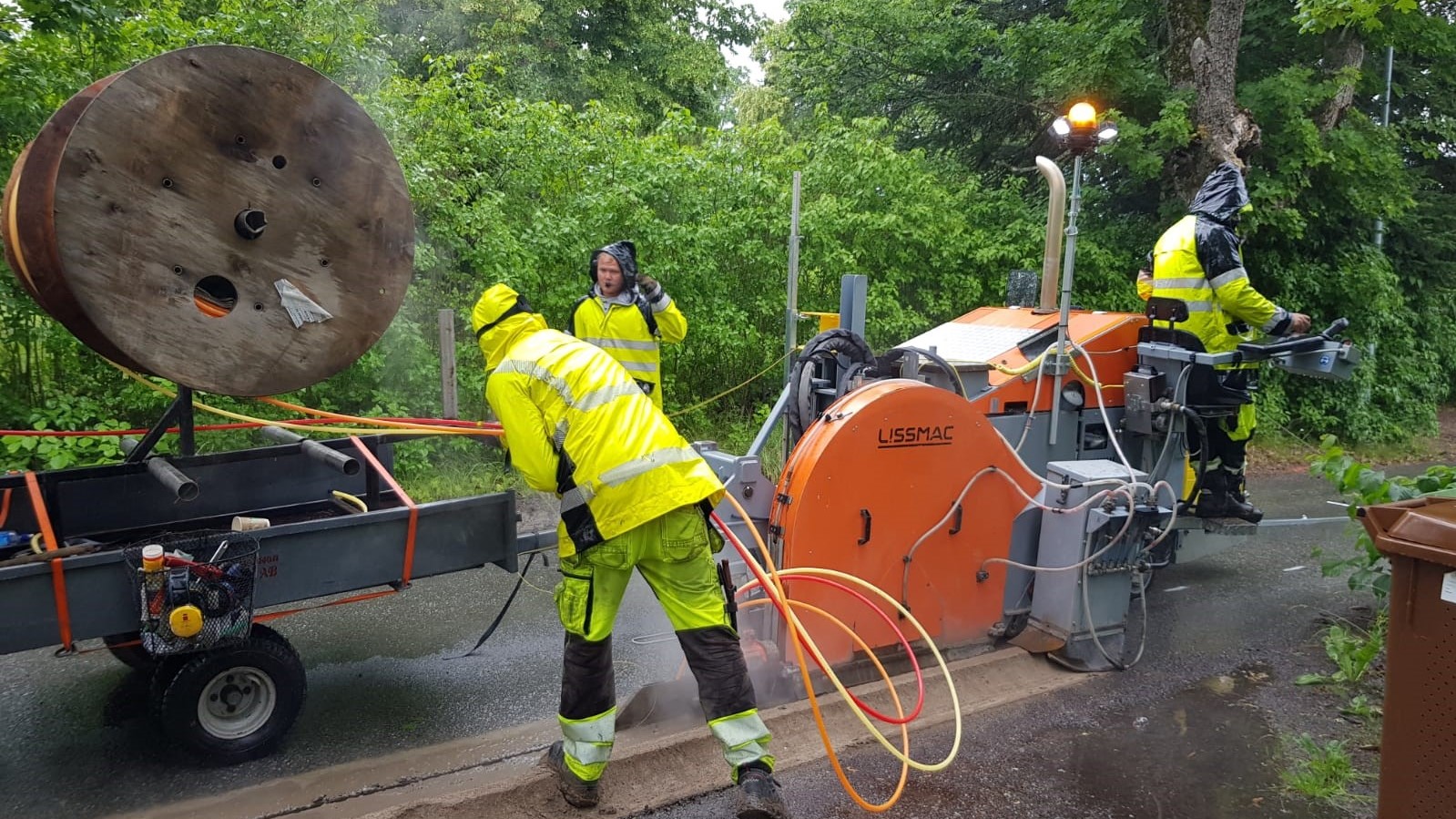Openreach calls for favourable regulations to deliver £60bn UK fibre boost
Openreach claims full fibre will deliver £60bn in economic benefit

Openreach says the nationwide rollout of full fibre would add £60 billion to the UK economy by improving public services and enabling entirely new ways of working.
The claims are based on a report the BT-owned organisation commissioned from CBRE about the financial impact of full fibre coverage, which suggests productivity would increase by an average of more than £1,700 per worker.
The report says half a million people could be brought back into the workforce, 400,000 people could work from home and 270,000 people would be able to relocate from cities to rural areas – spreading economic benefits around the country.
- Government details £5bn for full fibre
- Openreach recruits more fibre engineers
- Johnson fibre plan 'needs work'
Openreach fibre
It is also estimated that 300 million commuting trips a year could be eliminated by better connectivity – saving employees time and helping the environment.
So far, Openreach has connected 1.8 million properties to the network – half of which were added over the past year – and is targeting 15 million by the mid-2020s. This target was expanded earlier this year.
The current government target for switching off the UK’s copper network is 2033, but Prime Minister Boris Johnson wants this brought forward to 2025. The industry has said such an ambitious goal isn’t out of the question – but only if regulations are favourable and government financial support is present.
The government believes that up to 80 per cent of the country will be covered by commercial deployments from BT and others, but wants industry to go further. Some have placed the total cost of extending coverage nationwide – including rural areas – at £30 billion.
Are you a pro? Subscribe to our newsletter
Sign up to the TechRadar Pro newsletter to get all the top news, opinion, features and guidance your business needs to succeed!
A package of £5 billion was unveiled by the government earlier this month, but Openreach wants more to be done, arguing red tape and other restrictions are limiting the capacity to invest.
Regulations
It has called for an exemption from business rates, actions from government to lower costs and reduce barriers to deployment, and favourable regulatory conditions that improve the business case for investment. Its report, it hopes, will convince any doubters of the potential economic impact of fibre.
“Full fibre is a vehicle to turbocharge our economy post-Brexit, with the power to renew towns and communities across the UK,” declared Openreach CEO Clive Selley. “We’re currently building full fibre to around 22,000 premises a week– which is one every 28 seconds. But we want to go even faster and further - to 15 million premises and beyond if we can get the right conditions to invest.
“Through our Fibre First programme, Openreach is now building to 103 locations across the UK and we’re on track to build to four million premises by March 2021. With the right policies and regulation, we can build a better, more reliable broadband network faster than any other country in the world and unlock the benefits for the whole UK.
“If that doesn’t happen, then many people will be locked out of a more connected future and the UK could lose its status as a global digital leader.”
Openreach is one of several firms investing fibre to the premise (FTTP). Virgin Media, TalkTalk and CityFibre are also building networks, while Hull-based KCOM has delivered full fibre to the city.
- Here are the best BT broadband deals for October 2019
Steve McCaskill is TechRadar Pro's resident mobile industry expert, covering all aspects of the UK and global news, from operators to service providers and everything in between. He is a former editor of Silicon UK and journalist with over a decade's experience in the technology industry, writing about technology, in particular, telecoms, mobile and sports tech, sports, video games and media.